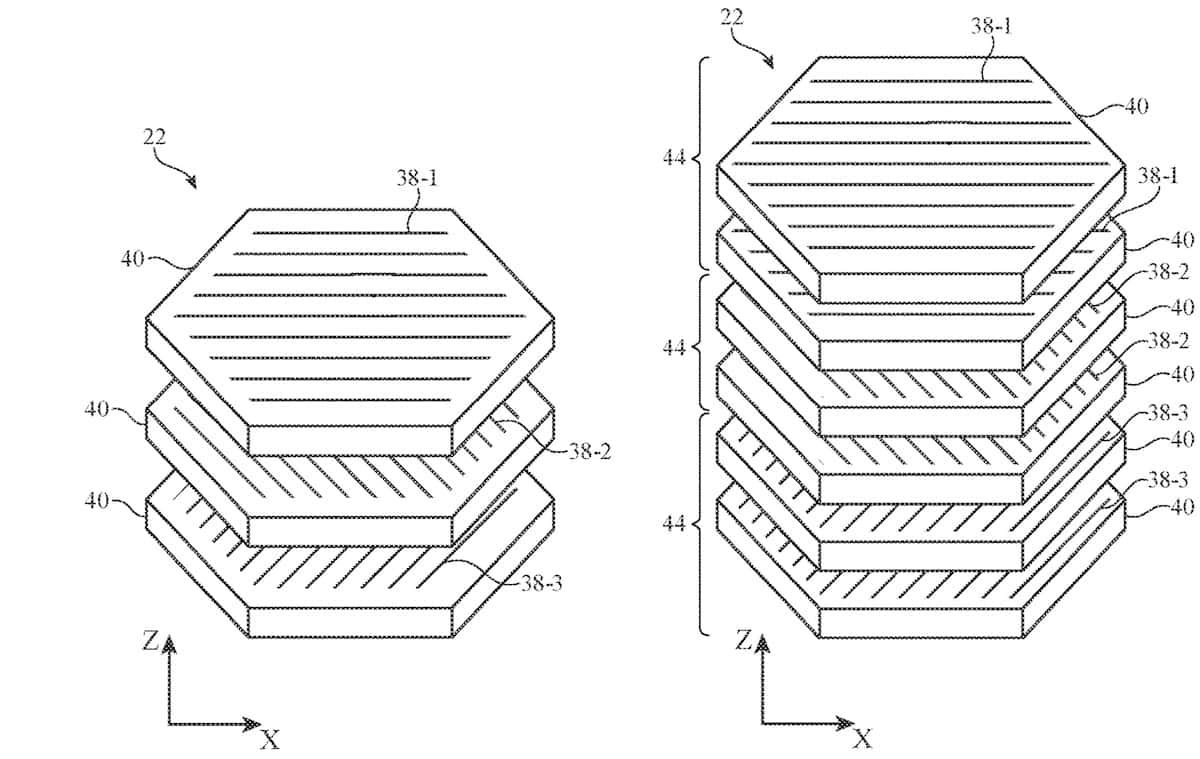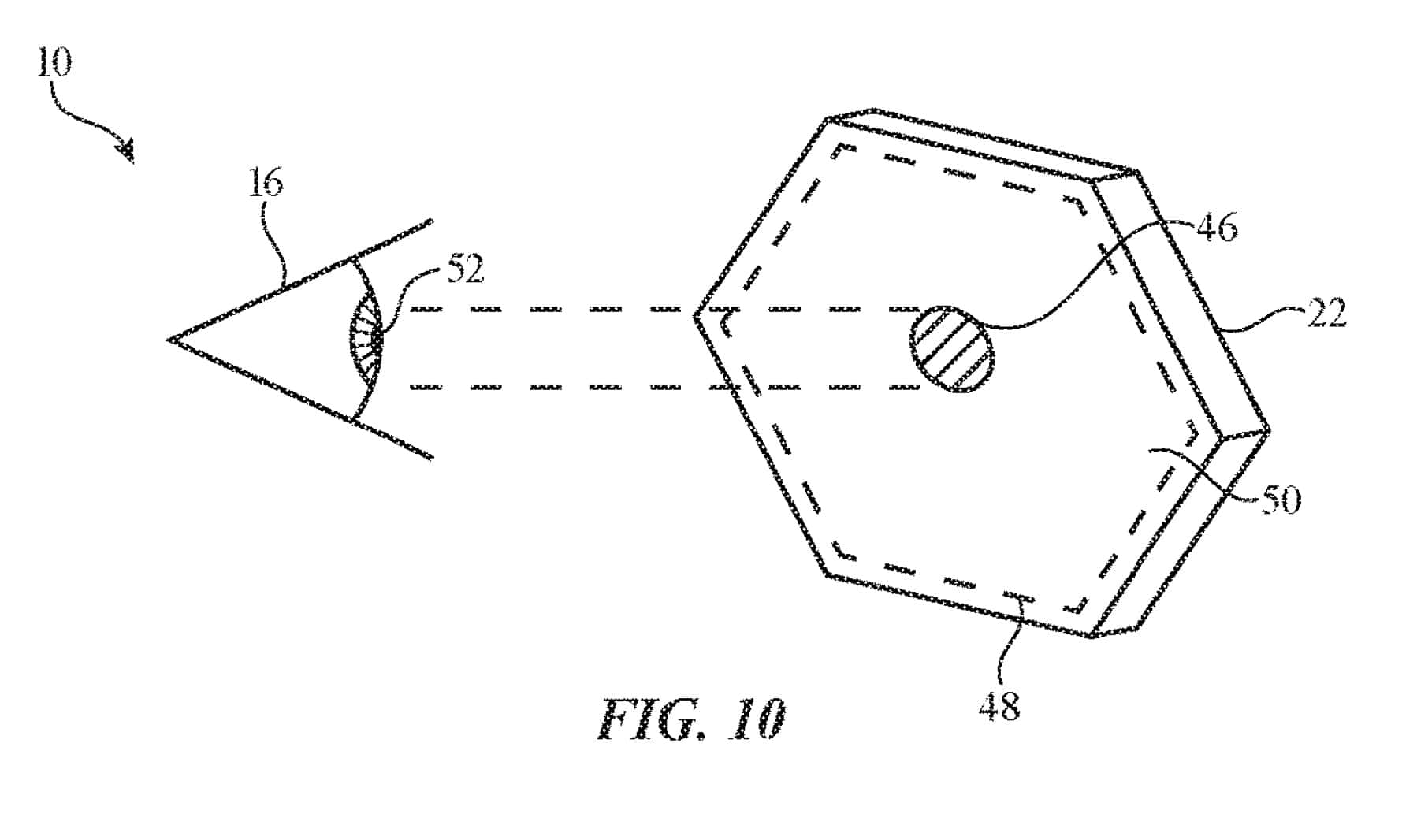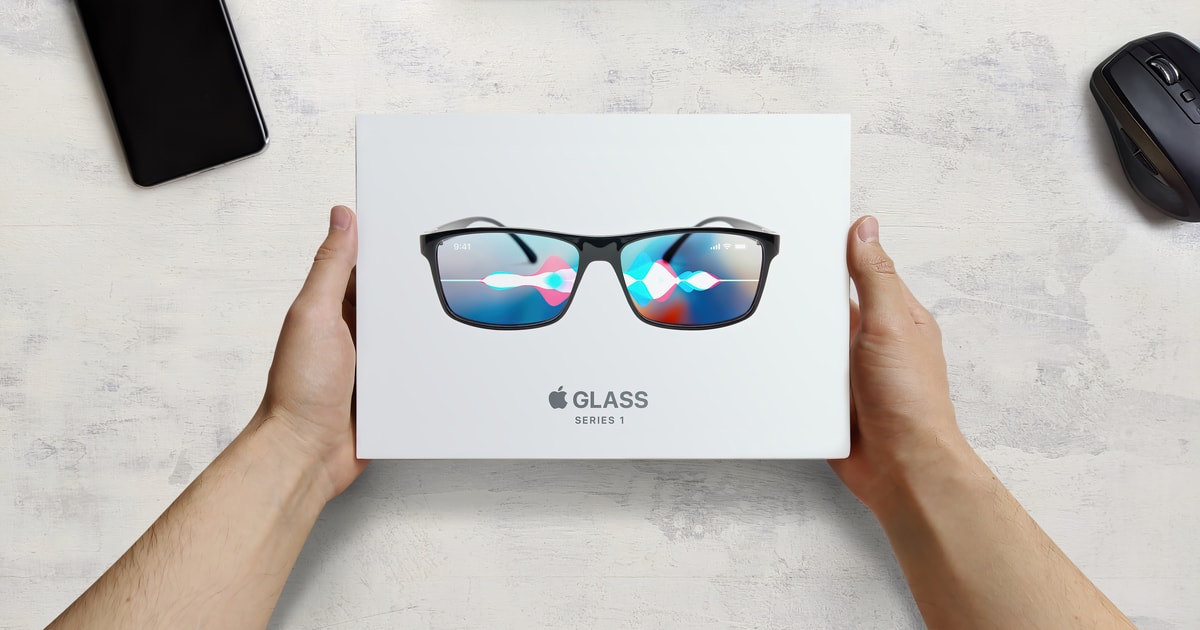People who wear eyeglasses often have a love-hate relationship with VR headsets, leaning mostly towards hate. Fitting the headsets over eyeglasses is usually a challenge. I’m in that camp, so I haven’t been able to get too excited about the rumored Apple Glass product, as gorgeous and powerful as it sounds. That is, until now. An Apple Glass patent hints that the Cupertino-based company might have a solution by way of including vision correction in the wearable.
The Struggle of Spectacles
The whole idea of smart glasses sounds great, except for people who already wear spectacles to see. You either have to find a way to fit them over your regular glasses, or invest in prescription lenses for your smart glasses — an expensive proposition.
VR headsets aren’t much better. While many smaller frames will fit inside the headset’s enclosure, it’s rarely comfortable. Some VR headsets allow adding prescription lenses. The drawback is considerable difficulty reconfiguring the headset for others to use.
The Solution Offered by an Apple Glass Patent
In a patent granted to Apple on Jan. 11, the tech giant suggests it may be able to develop technology into the smart glasses to adjust to correct the wearer’s vision. The patent, titled “Tunable and foveated lens systems,” would use a stack of lenses for each eye to allow for vision correction.

Cupertino suggests that the combination could be a liquid crystal adjustable lens along with a non-liquid-crystal adjustable lens. The non-liquid lens might be a fluid-filled lens or an Alvarez lens.
The liquid crystal lens, on the other hand, might incorporate multiple cells filled with an optical material that can be adjusted by applying power to it. This would, in turn, modify how the material allows light to pass through. Furthermore, the voltage could be adjusted to provide different levels of correction based on where the wearer is looking.

Multiple layers of electrodes, either three or six orientations, could allow the lens to adjust light very precisely, depending on what vision corrections are required.
According to the patent, this could allow Apple Glass to adjust for a variety of vision problems. These include near-sightedness, far-sightedness, astigmatism, and others. Going a step further, the patent states that the lenses could adjust to different users, programmed with one prescription for the first user and a second set of optical characteristics for someone else.
Taking the Patent with a Grain of Salt
Bear in mind, Apple wins many patents that never make their way into a product. In fact, there are weeks when the US Patent and Trademark Office grants Apple numerous patent applications at a time. Sometimes we see the technology hit the market, sometimes we don’t.
This one, though, makes perfect sense if Cupertino wants Apple Glass to really take off. The product could, effectively replace your normal prescription lenses. The patent suggests the product could be used solely for vision correction, with the smart features turned off.
If the patent does make its way into Apple Glass, we do have a while to wait. Analysts largely expect Apple will announce a VR or AR headset in 2022, but no smart glasses until 2025.

Jeff:
Methinks I descry legions of opticians worldwide pooping their pants, realising for the first time that Apple have target lock on their industry, and may have just cracked the code that could enable, perhaps sooner than later, millions of users to correct their own lenses, thereby bypassing opticians altogether.
Now might be a good time for opticians to make sacrifices to the optical gods, and pray that this remains a niche device of little consequence and societal impact. Like the Apple Watch.
Dr. Brooks, all I can really say is…LOL. You’re absolutely right, except that I’m sure the FDA will find a way to require we get our prescriptions from a medical professional.
Then again, there are DIY eye exams coming to market soon, if they’re not already available to the general public.